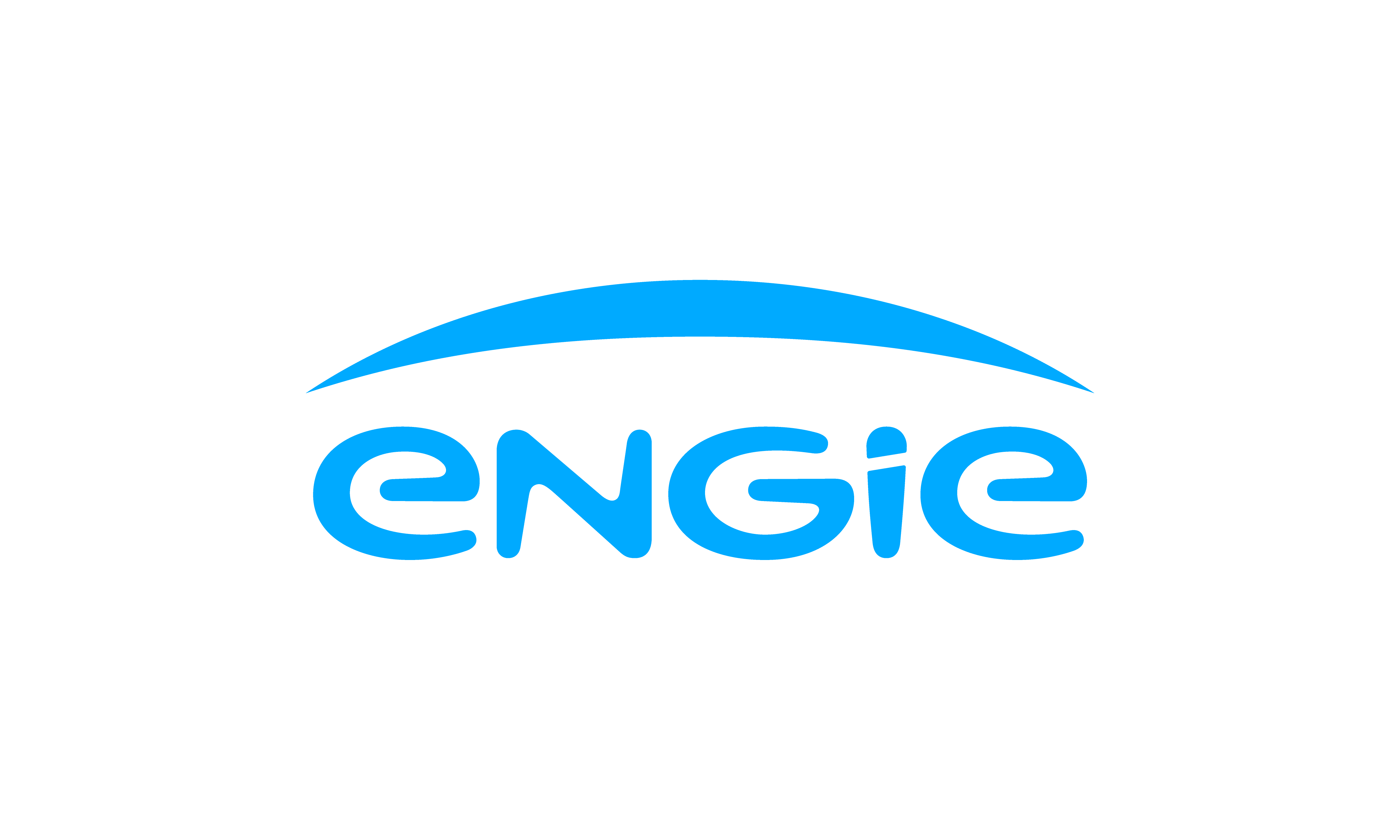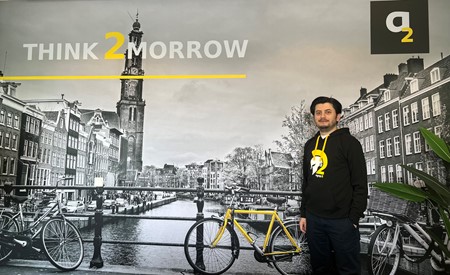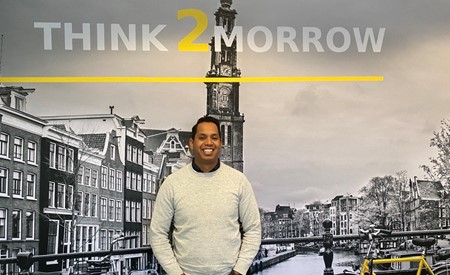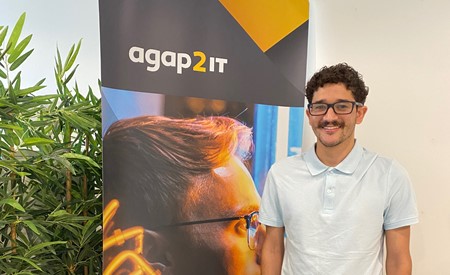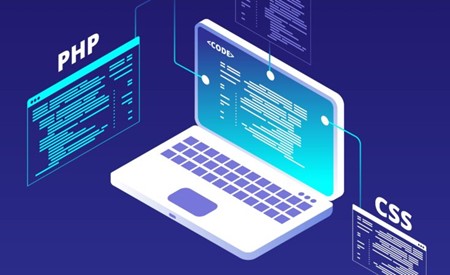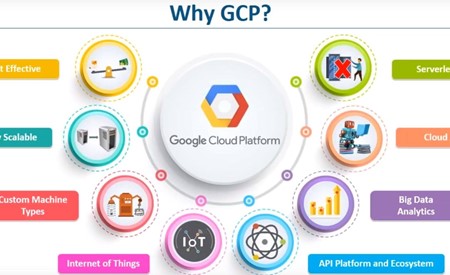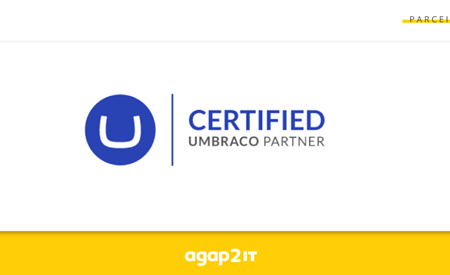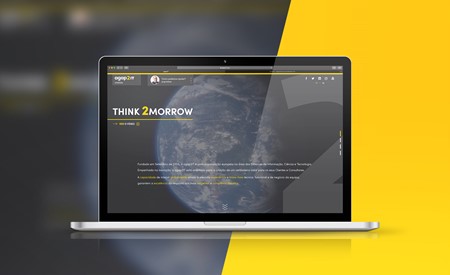What is your role at agap2?
My role at agap2 is a bit diverse. In my role as HR officer, I am mainly responsible for the execution of our HR policy and salary administration. I combine this with all sorts of tasks that are related to office management and finance.
How would you describe the company culture at agap2?
I would describe the culture at agap2 as very diverse, friendly, and collaborative. I have colleagues from all types of different backgrounds and nationalities, and as a team we work together to make the company succeed and grow. The company focuses on the engagement of all the employees by ensuring open communication and by creating frequent moments to get together in formal and informal settings. For me, the company feels united and as a family.
What do you like most about working at agap2?
For me, it’s a combination of the role that I have and the people I work with, that I like the most. I have been working for agap2 for almost 4,5 years and I’m very familiar with all layers and aspects of the company. I’m included in several processes within the company, HR/office-management related, which makes my day-to-day job very diverse and never boring. My colleagues and I share the same team spirit, which makes us a close team and since we come from all different cultures, there’s always something new to talk about.
What do you think are the most important factors in employee onboarding and engagement?
In my opinion, it’s very important to make sure there is a clear and extensive onboarding process in place for new employees. Something you often hear about onboarding at companies is that people feel lost at their new job and need to figure every step out by themselves. I think it’s very important that a new colleague is somewhat taken by the hand in their first weeks, and not only learn about the role, but also about the company. Clear guidelines for onboarding with explanations about standard processes etc. can also be very valuable.
To increase the feeling of engagement, I think it’s important for the new colleague to have a chat with several colleagues from different teams/layers of the company in their first weeks of onboarding. These moments can be planned upfront, so that time is created and this important step is not overlooked. Open communication and room for plenty of questions and feedback are also very important during an onboarding process.
What makes talent management so important in a company?
Talent management is important to create engagement and room for development. Employees who feel like their employer supports and encourages their personal and professional development are most likely to feel more satisfaction in their job and loyalty to their employer. You feel like you’re taken care of and seen as an employee, instead of just someone who makes sure that the job is done.
What are your opinions on diversity and inclusion in teams?
Diversity and inclusion need to be part of every company culture to ensure equality and involvement for everyone. Every team should provide equal opportunities and resources for each employee, regardless of their gender, disability, ethnicity, and other grounds of discrimination. This is not something that only needs to be written down in policies and regulations, but it needs to be carried out in the behavior of employees amongst each other and integrated into the culture of every company.
What are some HR trends of this year?
I think a subject that hasn’t gone unnoticed by all of us is the shortage of employees on the job market, which is challenging for both employers and employees and won’t be resolved anytime soon.
Another trend would be to pay more attention to the mental health of employees. Nowadays we see that people are more open to discussing their mental health, and we see that more and more, especially young employees, appear to have a burn-out for example. Keeping up with all aspects of life such as a career, family, social events, a healthy lifestyle, and so on, can be very overwhelming in this world where everything seems to be moving faster every day. It’s important for employers to also focus on the person behind the job and don’t overlook the challenges and difficulties they may be faced with.

 Diensten
Diensten





